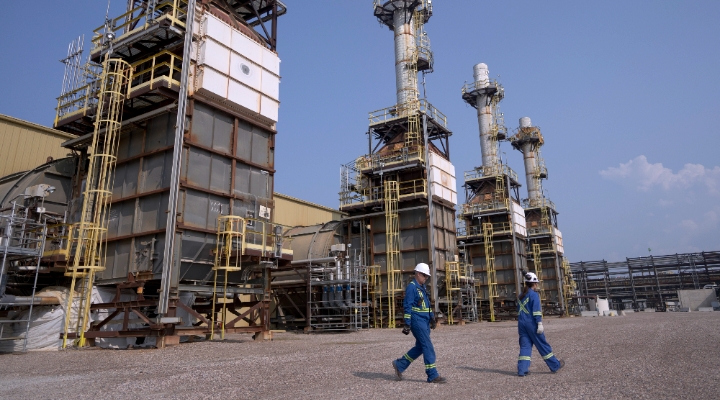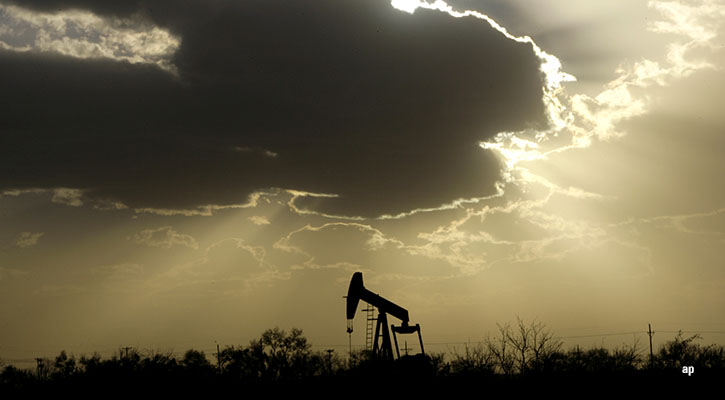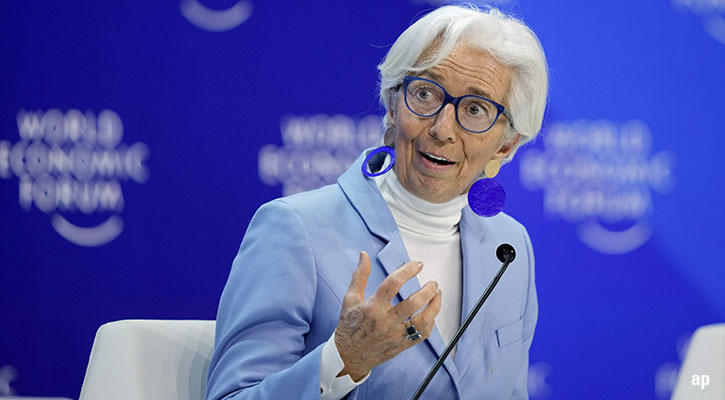Jeremy Grantham: To scale some of these issues, $9 trillion to decarbonise electricity completely; $6.5 trillion toward energy efficiency retrofitting buildings. The global revenue of advanced energy industry throwing all these together is currently $1.4 trillion a year, twice the airlines and larger than apparel and growing in America at 5% a year three times the underlying GDP and worldwide at over twice the rate.
The uncertainties of what you ignore at your portfolio's peril. Will there be carbon taxes everywhere and if there are, what are the potential for stranded assets, particularly in the oil industry. And I'm happy to pause for breath.
Jon Hale: So, it's really, Jeremy, a race between resource depletion that's exacerbated by climate change, and I mean, the human's ability to develop through technology and renewable energy the solutions?
Grantham: That's exactly right. And by the way, if we were well-behaved individuals, if we actually lived up to our potential as a species, we would have no problems. We could do away with global poverty, we could have the population gracefully decline over 200 or 300 years back to 2 billion to 3 billion and everything would work out fine. It's because we are not well-behaved. It's the gap between what we're capable of doing and how American alleged democracy works where it is basically owned by large corporations and notably the fossil fuel industry.
Hale: You mentioned the gap. Do you have any sense of the gap between the numbers you showed about what's needed from an investment standpoint and what's actually being invested and available to be invested, is it a private market's, is it capital market's issues, or is it something that takes public investment?
Grantham: At the moment, not only is the investment flow inadequate, but actually the demand for the investment is inadequate. In other words, the plans are not being put on the table. Those that are kicking and screaming tend to be able to raise the money these days. And for a very good reason because many of them have a perfectly decent return associated with them.
In my foundation, which has taken virtually all my income for the last 15 years and has 80% of my capital, engages 20% of its money in mission-driven investing. And so, we have a very lively interest in these issues. And we expect to make a very handsome return investing in renewables and efficiency in particular.
Hale: You mentioned carbon tax as one of the uncertainties investors ought to be paying attention to. It seems like that would address demand issues. We got a proposal recently floated by some Republican ... statesmen, I guess, I would call them since they are politicians who are no longer in office, recently and seemed like a reasonable approach and kind of a standard approach to reducing our carbon footprint. How important do you think something like that is to solving the problem?
Grantham: I think a historian 30, 40 years from now looking back would see that if it happened as a watershed event, a decent carbon tax starting at $25 and rising to $100 a ton would change the world as we know it. And if you took that money, it's a real revenue raiser, and rebated it equally to every American or every European, it's a very cost-effective way of solving this problem and bringing on - encouraging improvements and the move to solar cars and so on, sorry, electric cars.






















